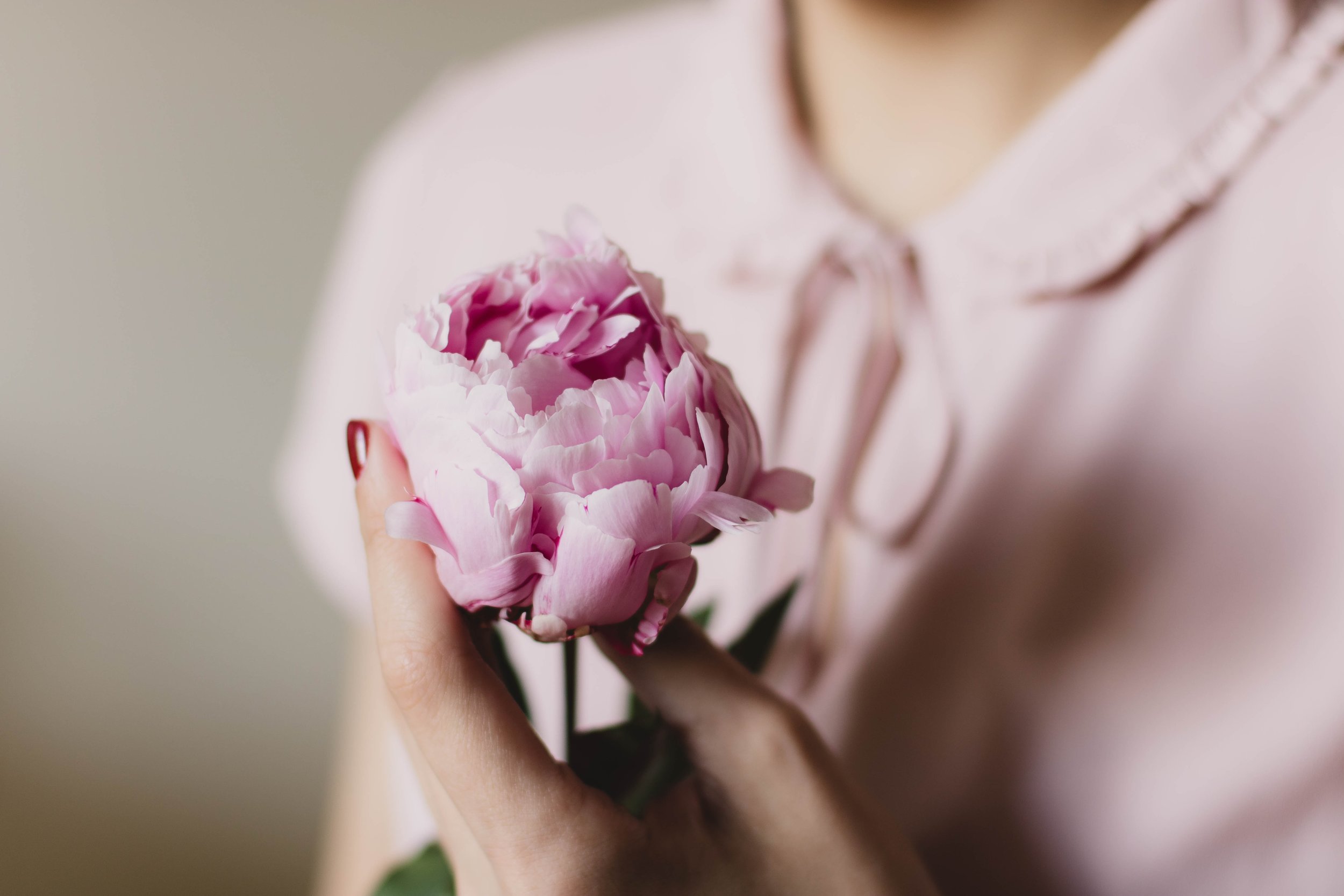More Evidence Points to Acupuncture Helping Menstrual Cramps
/If you’re a woman, you know the feeling. That time of month rolls around, and the cramps start to flare up. Unfortunately, cramps are never convenient, and our lives don’t stop for them. Work, errands, and family still need to be taken care of, causing many women to deal with pain from menstrual cramps by taking pain medication.
Whether your menstrual cramps are minor or severe, they can take a toll on a woman’s quality of life. Acupuncture is thankfully there as a remedy, and now more evidence is pointing to acu’s viability as a long-term solution for menstrual cramps, not just a temporary fix. One of the reasons acupuncture works as a long-term solution to menstrual cramps is because of its ability to treat the root source of the problem, not just the symptoms, and its versatility in treating other side effects that severe menstrual pain can contribute to.
“After having my menstrual cycle for twelve years, and feeling like it was an enemy and not a beautiful time for my body, I was really up for trying anything,” Kenslee, a 25 year old told Bustle.com. “My menstrual pain and fatigue decreased immensely, and it also helped with my hormonal acne. I began sleeping better, and my mood swings around my cycle became less severe.”
"[Acupuncture] promotes optimal blood flow to and through the reproductive organs, reduces chronic inflammation, improves hormone balance, and reduces stress,” Merritt Jones, an acupuncturist and founder of Natural Harmony Reproductive Health and Jones Family Acupuncture told Bustle.
Over the past few years, numerous studies have been done that show acupuncture’s effectiveness in treating menstrual cramps and other issues in the reproductive system. Hopefully more and more women come to experience acupuncture as the safe, natural, reliable, and long-lasting treatment option for pain from menstrual cramps that it is.





















